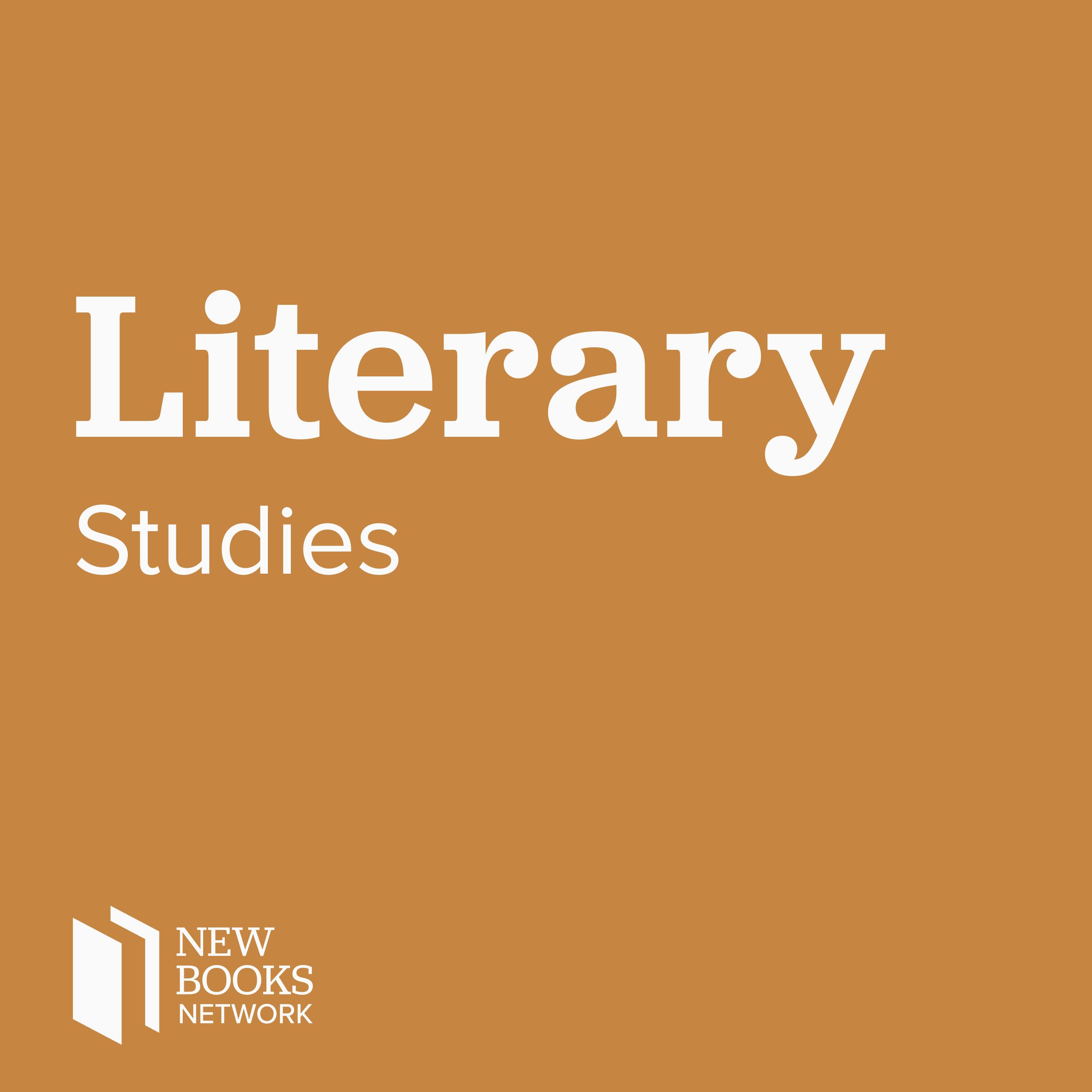
Seamus Heaney’s Afterlives

New Books in Literary Studies
Shownotes Transcript
In 1995, Seamus Heaney was awarded the Nobel Prize in Literature. During his speech, he explained that the adequacy of lyric poetry spoke to the “‘temple inside our hearing’ which the passage of the poem calls into being. It is an adequacy deriving from what Mandelstam called ‘the steadfastness of speech articulation,’ from the resolution and independence which the entirely realized poem sponsors. It has as much to do with the energy released by linguistic fission and fusion, with the buoyancy generated by cadence and tone and rhyme and stanza, as it has to do with the poem’s concerns or the poet’s truthfulness. In fact, in lyric poetry, truthfulness becomes recognizable as a ring of truth within the medium itself. And it is the unappeasable pursuit of this note, a note tuned to its most extreme in Emily Dickinson and Paul Celan and orchestrated to its most opulent in John Keats, it is this which keeps the poet’s ear straining to hear the totally persuasive voice behind all the other informing voices.”
Ten years after his death, we continue to strain with Heaney to hear that pluralizing voice of radiant truth. “Seamus Heaney’s Afterlives” is the subject of an upcoming conference held at Boston College between November 16th, 17th, and 18th, 2023. The four keynote lectures, along with interviews with contemporary poets influenced by Heaney, have been published in the latest issue of the Éire-Ireland: An Interdisciplinary Journal of Irish Studies. I am excited to speak with the organizer of this conference, Joseph Nugent, and the co-editor of Éire-Ireland, Vera Kreilkamp, about Heaney’s continuing relevance, the conference, the special issue of the journal.
Joseph Nugent is Professor of English at Boston College. Joe is the creator of the iPhone app, JoyceWays: Ulysses for You, and the website, The Dubliners Bookshelf. His teaching includes courses on the digital humanities, Joyce, and Irish studies, and he has written the eBook Digital Dubliners, as well as articles on manliness and representations of the Irish saint Colmcill and olfactory domestic identity in rural Ireland.
Vera Kreilkamp is Professor of Irish Studies at Boston College. Vera is the co-editor of *Éire-Ireland, *and is the author of *The Anglo-Irish Novel and the Big House *(Syracuse University Press, 1998) and the museum catalogs Éireland (2003), *Rural Ireland: The Inside Story *(2012) and The Arts and Crafts Movement: Making It Irish (2016).
Note: Around the 28-minute mark, I quote from Fintan O’Toole’s commemoration of Seamus Heaney, originally published in the New York Review of Books, but the quotation did not record clearly. Here are the uncorrupted lines from O’Toole’s article: “Poetry is language held taut by being stretched between the poles of competing desires. In Heaney’s work, the tensions extend in many directions: the Wordsworthian Romantic at odds with the Joycean realist; the atheist in search of the miraculous; the world-ranging cosmopolitan with his little patch of remembered earth; the lover of the archaic who cannot escape the urgency of contemporary history.”
John Yargo)* is a Visiting Assistant Professor of Environmental Humanities at Boston College. He holds a Ph.D. in English from the University of Massachusetts Amherst. His specializations are early modern literature, the environmental humanities, and critical race studies. His dissertation explores early modern representations of environmental catastrophe, including William Shakespeare's The Tempest, Aphra Behn's Oroonoko, and John Milton's Paradise Lost. He has published in Early Theatre), Studies in Philology), The Journal for Early Modern Cultural Studies, and Shakespeare Studies.*
Learn more about your ad choices. Visit megaphone.fm/adchoices)
Support our show by becoming a premium member! https://newbooksnetwork.supportingcast.fm/literary-studies)